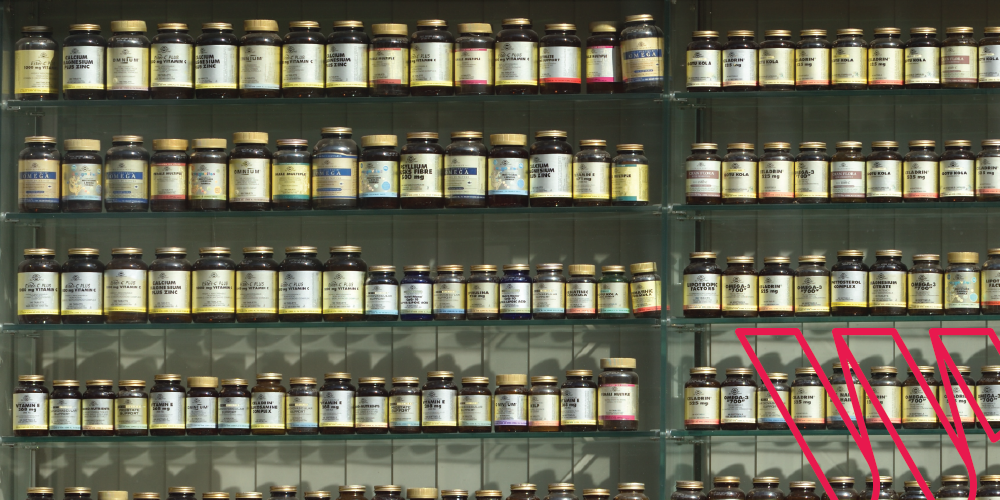In 2014, plaintiff Tatiana Korolshteyn, a California resident, filed a putative multi-state class action on behalf of consumers of Trunature Ginkgo Biloba, a ginkgo supplement manufactured by The Nature’s Bounty Co. and sold by Costco Wholesale Corporation.
Alleging violations of California’s Unfair Competition Law and Consumers Legal Remedies Act (and similar laws in other states), Plaintiff claimed the product label falsely advertised its memory health benefits and sought both a full refund of the purchase price across the entire six-year class period and injunctive relief.
The Willenken team commenced its defense of the matter by (i) attacking the plaintiff’s standing to bring claims on behalf of a multi-state class and (ii) attacking the plaintiff’s ability to seek injunctive relief given there was no indication in the complaint she intended to purchase the product again. Though courts across the country have split on both issues, Willenken convinced the Court defendants’ position was correct, and the Court dismissed the claims of the multistate class and the request for injunctive relief.
After months of both fact and expert discovery, the parties proceeded to brief the issue of class certification. Despite evidence that different consumers benefit differently from ginkgo and purchase ginkgo for different reasons (including reasons not listed on the product label), the Court certified the class based on plaintiff’s representation that commonality existed because, at trial, she would prove that ginkgo was “worthless” to “all” consumers.
After additional expert discovery, Willenken filed its motion for summary judgment based on two primary arguments. First, the plaintiff had failed to show that ginkgo was “worthless” to everyone because the plaintiff’s experts never addressed the numerous studies which established ginkgo’s efficacy in mentally compromised populations. Second, the plaintiff had failed to establish “falsity” because the defendants’ experts presented over thirty-eight studies showing ginkgo’s efficacy. In retort, the plaintiff argued that she only needed to address “healthy” populations and that, unlike the (allegedly) perfectly designed and executed studies upon which she relied, the defendants’ studies were flawed, such that a jury could decide to ignore them.
In a carefully crafted twenty-five page opinion, Judge Cathy Ann Bencivengo of the Southern District of California adopted the defendants’ arguments and rejected those of the plaintiff. The Court noted that where defendants have studies in their favor, a plaintiff cannot establish falsity as a matter of law. The plaintiff’s desire to have a jury trial with a “battle of the experts” (where each side’s expert attacks the validity of the other’s studies) would be a trial on claim substantiation to which a private plaintiff is not entitled. Moreover, the Court noted that her certification order was explicitly premised on the theory of the case the plaintiff presented–that ginkgo was “worthless” to everyone–and the plaintiff’s failure to address all populations of potential consumers meant she failed to carry her burden.
The Court’s ruling will be a significant boon to all defendants accused of false product advertising. So long as defendants have some reasonable evidence of their claims, they will be entitled to summary judgment. The Court’s ruling is especially important insofar as it rejected (and explained the errors in) Mullins v. Premier Nutrition, a Northern District of California case which allowed plaintiffs to proceed to a “battle of the experts” jury trial even though defendants had evidence to substantiate their claims.
The result was covered by Law360, and the article can be read here. To read the Court’s order, click here.

